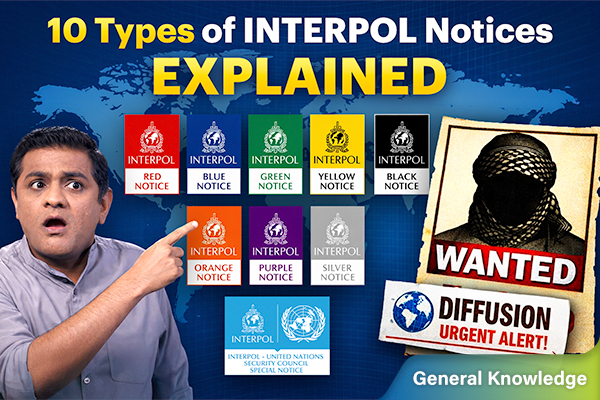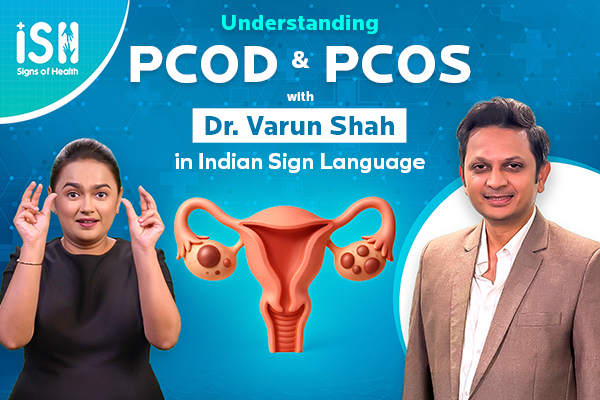Inclusive Sign Language Environments
The theme for the 2nd day of the International Week of Sign Language is “Inclusive Sign Language Environment”. The theme highlights the importances of Sign Languages in the society inorder to make an
Today is the 2nd day of the International Week of Sign Languages! Today’s theme is “Inclusive Sign Language Environments” This means that with the help of National sign languages, Deaf people around the world can be included in the society. Deaf People can fully participate in the society, if they are given Bilingual education from a young age. A bilingual education is where children are taught the national Sign Language as well as the national written language. When Indian Sign Language and local written languages such as Hindi, English, Marathi, Bengali, Gujarati, etc. are taught together with an emphasis children learn better. Teachers fluent in ISL must be a priority. This will ensure students develop and in the future they are able to achieve their dreams. Without Sign Language, Deaf individuals do not have clarity about their dreams and goals.
With Bilingual education children are able to cope up and obtain tools to achieve their dreams. If Deaf children are given quality bilingual education, it will empower them and help them contribute to the society and communities. Even at home, families should communicate with Deaf children in Sign Language. Hearing families with Deaf children and Deaf families must communicate in Sign Language. Children grow up to be intelligent and easily become a part of society. Nowadays, some Hearing parents are uncomfortable communicating in Sign language. This causes the children to grow being uncomfortable and isolated. Families should communicate and share all their ideas in Sign Language. This will make it easy for the child to be a part of society.
This is very important and as per the WFD, the government should provide families with Sign Language instructors for free throughout. If Children learn Sign Language from an early age, It helps to develop the literacy and cognitive capacities of deaf children. As per the WFD, Deaf individuals around the world must be given services such as Health services, media, work, education, government services, etc. in their own national sign language.This will ensure that the society becomes accessible and Deaf people can independently live their lives and make decisions for themselves. For a Deaf person to be included in society, Bilingual inclusive education in the national sign language and national written language is important.







